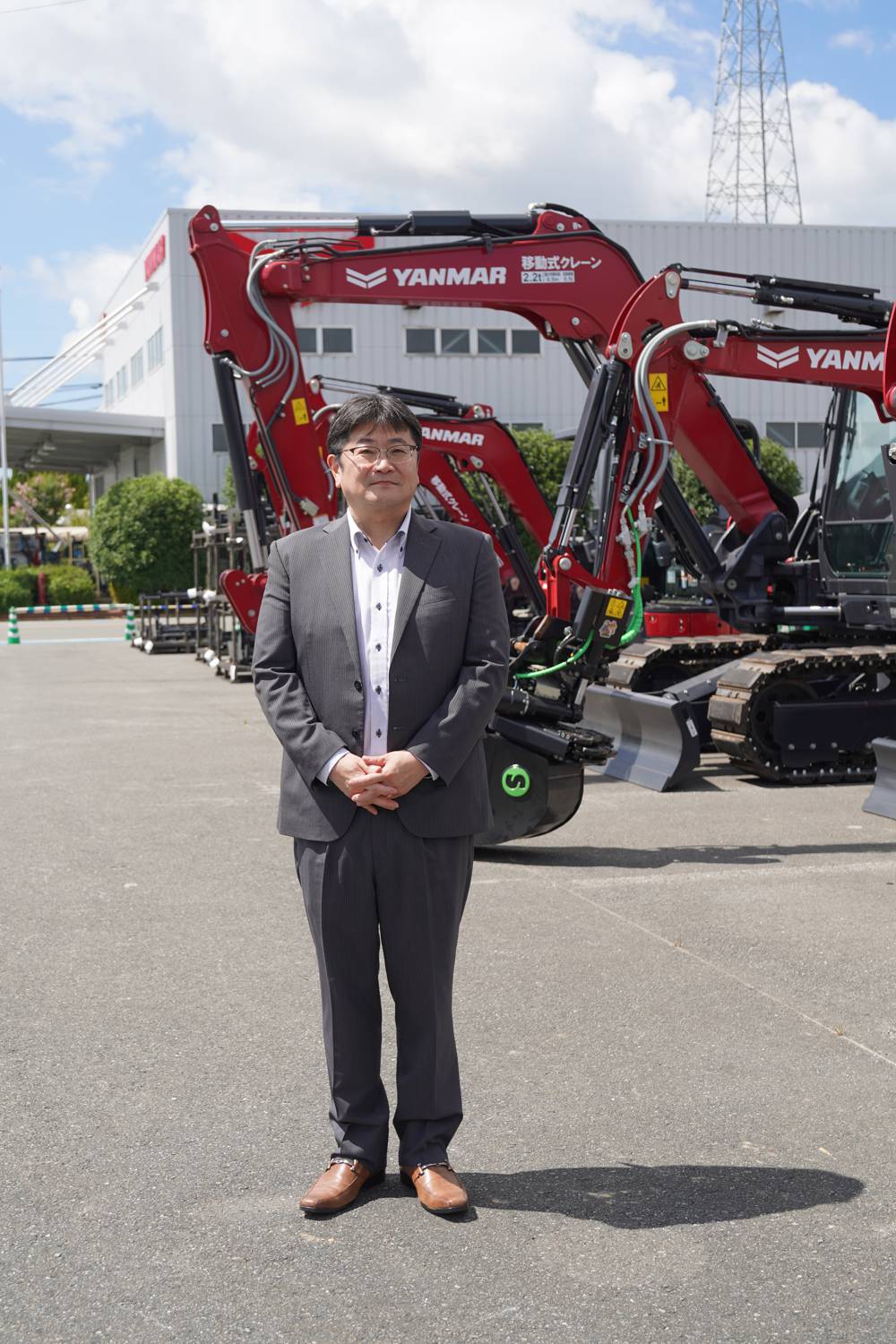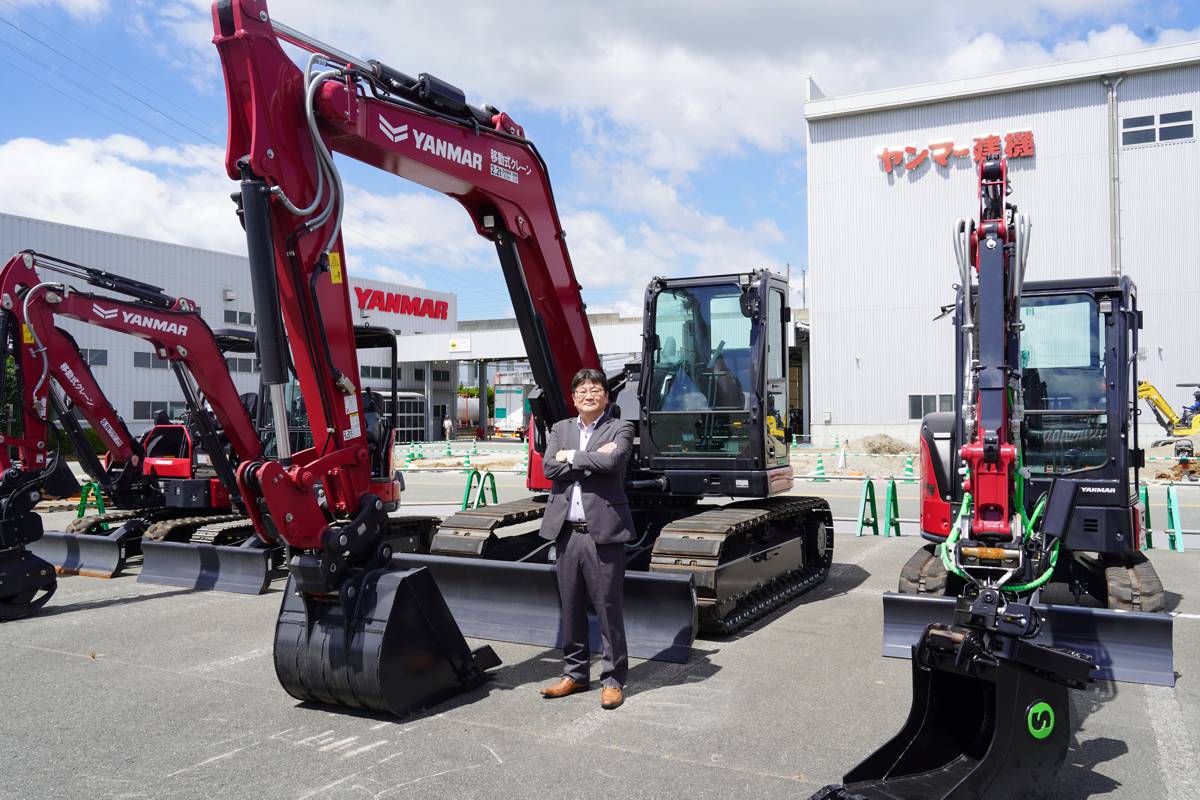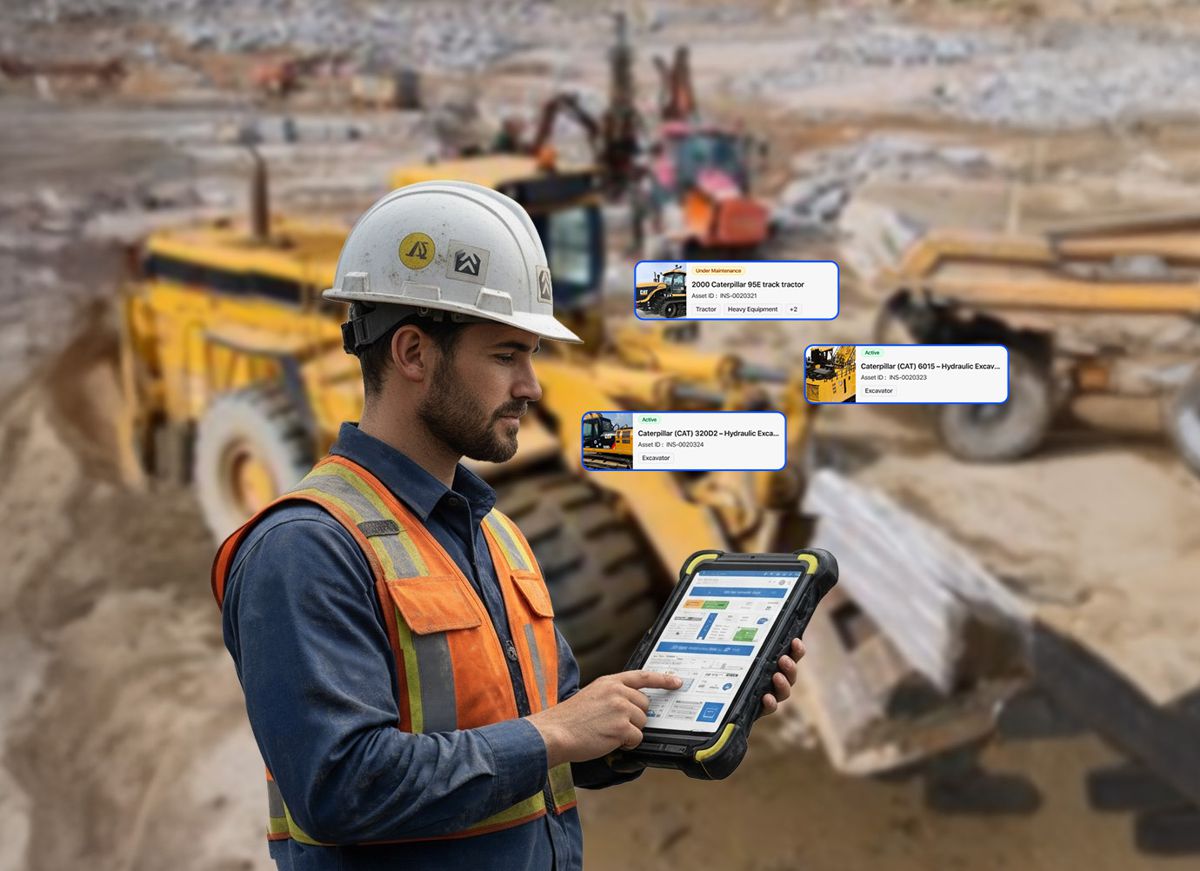Simplifying Compact Construction Equipment with Technology and Innovation
In a world where technology advances at breakneck speed, construction equipment needs to adapt—and fast. A curious convergence is taking place between developed and developing nations, as they grapple with a shared challenge: a shortage of skilled machine operators.
Whether it’s the older workforce of Japan or the rapidly industrialising markets of Southeast Asia, the problem is the same. But the reasons are vastly different. How, then, do we address these hurdles in a way that serves both advanced and emerging markets? Enter Ryu Kudo, president of Yanmar Compact Equipment’s Japan region, with some ground-breaking insights on how to solve this global issue.
A Global Shortage of Skilled Operators
When it comes to construction machinery, developed economies and emerging markets may seem worlds apart. In truth, they share a common dilemma: finding skilled machine operators. For Kudo, the problem in Japan boils down to a shrinking, ageing workforce. Japan’s declining birth rate has meant fewer young workers entering the industry, making it a challenge to fill positions. Meanwhile, in emerging economies, the transition from manual labour to compact machinery is happening so fast that the workforce can’t keep up with the necessary training.
Kudo believes the answer lies in a combination of simplicity, safety, and automation. “The solution for both markets is to create machines that are easy to operate and safe, with smart but cost-effective technology that can automate essential tasks, like digging,” says Kudo.
His strategy? To make machinery as intuitive as possible, so operators, regardless of skill level, can get the job done quickly and efficiently. Whether it’s in the bustling cities of Japan or the fast-growing construction sites of Southeast Asia, Yanmar’s machines are designed to adapt to different levels of operator skill.
Technology the Great Equaliser
Yanmar Compact Equipment’s vision for the future focuses on balancing technological innovation with affordability. The key to this vision is automation. Kudo envisions a near future where compact equipment comes equipped with automation systems that not only simplify machine operation but also enhance safety.
“We’re looking at automation systems that don’t break the bank,” Kudo explains. He’s adamant that features like obstacle-avoidance and anti-collision technology will soon be the norm. “Our machines need to be user-friendly, and our safety features should be so intuitive that they become a standard part of the package,” Kudo adds. However, this isn’t about creating overly complex, futuristic machinery; it’s about making technology accessible for operators with varying skill levels, especially in developing markets where cost is a significant factor.
For many operators, a fully autonomous machine might sound like the perfect solution, but Kudo is realistic about its current feasibility. “While full autonomy is possible today, it’s still too expensive for most customers. What we need are simple, automatic systems that make basic tasks easier and affordable. Imagine a button that, when pressed, makes the machine perform a standard digging operation. It’s that kind of functionality that will truly make a difference.”

Building Long-Term Relationships with Customers
Of course, even the best machines can’t guarantee success without strong relationships between manufacturers and customers. And for Kudo, this is where Yanmar stands out.
“Building with You”—Yanmar’s company tagline—represents more than just a marketing slogan. It embodies the company’s philosophy of working closely with customers to ensure their needs are met. “We’re not just selling machines,” says Kudo: “we’re partnering with our customers to help them succeed.”
This partnership extends beyond just delivering equipment. Yanmar is focused on providing robust training and support, making sure that operators are well-versed in using the machinery effectively. Kudo emphasises that the human connection is just as important as the technological advancements. “We need to be active partners in our customers’ success, from the initial machine purchase to ongoing support and service,” he explains.
Yanmar’s Approach to Emerging Markets
Yanmar’s reputation for quality is well-established in Japan, where its engines and machines have become industry standards. However, breaking into rapidly developing markets, where cost is often a more significant factor than innovation, requires a different approach.
Kudo recognises that while Yanmar excels at innovation, it needs to introduce new features at a pace that its customers in developing markets can absorb. The company is refining its strategy to ensure that technological advancements are relevant and accessible to emerging markets without overwhelming them. “We’ve got the capability to innovate at a high level, but we need to roll out new features at a rate that makes sense for our customers in price-sensitive markets,” Kudo says.
In these markets, cost-effective, compact machines that perform essential tasks with a degree of automation will be game-changers. While Yanmar continues to lead in mature markets, Kudo understands that success in developing nations will come from providing simple, practical solutions that operators can use without extensive training.

Innovating with a Pioneering Spirit
While Yanmar may be a company steeped in tradition, Kudo is fostering a culture of innovation and change. Inspired by the company’s founder, Yamaoka Magokichi—who developed the world’s first practical small diesel engine—Kudo is driving his team to think outside the box.
“Yamaoka Magokichi was the ultimate innovator,” Kudo says. “He saw a gap in the market and filled it with a ground-breaking product that became a global benchmark. Today, we need to channel that same spirit of innovation to serve our customers better.”
For Kudo, the focus is on maintaining the company’s pioneering ethos while staying attuned to modern customer needs. “It’s not enough to just design a great machine,” Kudo notes. “We need to constantly challenge ourselves to ask, ‘What does the customer really need?’”
This philosophy is at the heart of Yanmar’s strategy moving forward. By keeping the customer at the forefront of its innovation efforts, Yanmar is not only staying relevant but thriving in a rapidly changing market.
Bright Prospects for the Future
Yanmar’s forward-thinking approach to compact equipment is positioning it to meet the needs of both advanced and developing markets. With a focus on automation, safety, and customer relationships, the company is well-poised for success in an increasingly competitive global market.
Ryu Kudo’s leadership and vision ensure that Yanmar continues to innovate while keeping its customers at the centre of everything it does. And as Yanmar embarks on its next chapter, it remains committed to staying true to its roots while embracing a future full of possibilities.




























